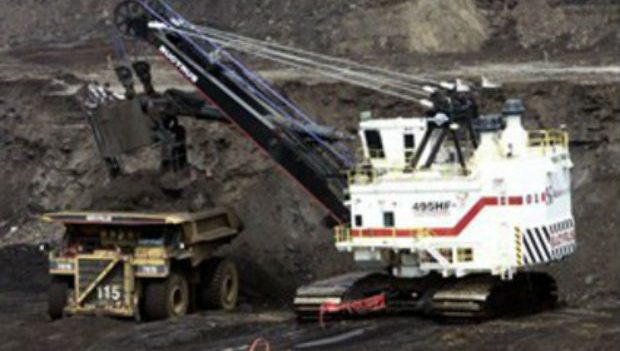A new study by Environmental Defence and Greenpeace Canada says if Canada wants to meet its emissions targets by 2020 expansion in the oilsands needs to come to a screeching halt.
Premiers are set to meet in Quebec City next week to discuss climate change and a Canadian Energy Strategy.
“It’s ridiculous that politicians claim to want to address climate change while also wanting tar sands production to grow. These are totally incompatible goals,” said Dale Marshall, national program manager at Environment Defence in the release. “It’s time our leaders realize that Canada can’t get serious on climate change while global warming emissions from the tar sands skyrocket.”
The study claims that Canada’s emissions have increased by 18 per cent since 1990, and that Alberta is responsible for 73 per cent of that growth.
It also says that if the oilsands continue to grow, by 2020 emissions from Alberta, with 11 per cent of Canada’s population will approach the pollution levels in Ontario, Quebec, and British Columbia combined.
“It’s great to see provincial leaders recognize that you can’t talk about a national energy strategy without acknowledging that it will inevitably be Canada’s real climate strategy,” said Keith Stewart, head of Greenpeace Canada’s climate and energy team in the release.
The study notes that Alberta produced 249-million tonnes of greenhouse gas emissions in 2012, Canada as a whole produced 699-million tonnes. It also states that Alberta has the second highest greenhouse gas emissions per capita, sitting just behind Saskatchewan.
The study can be found here.







